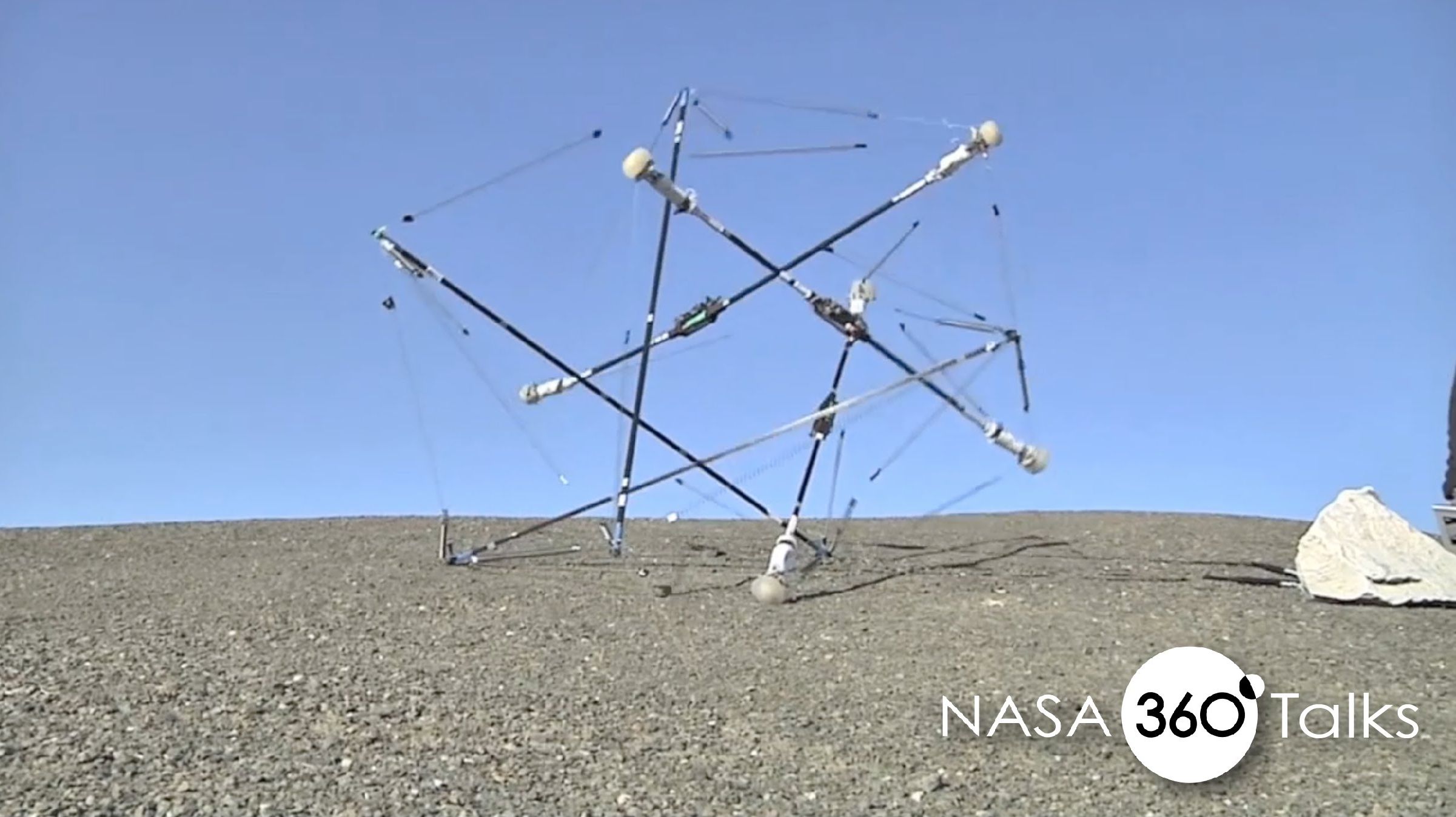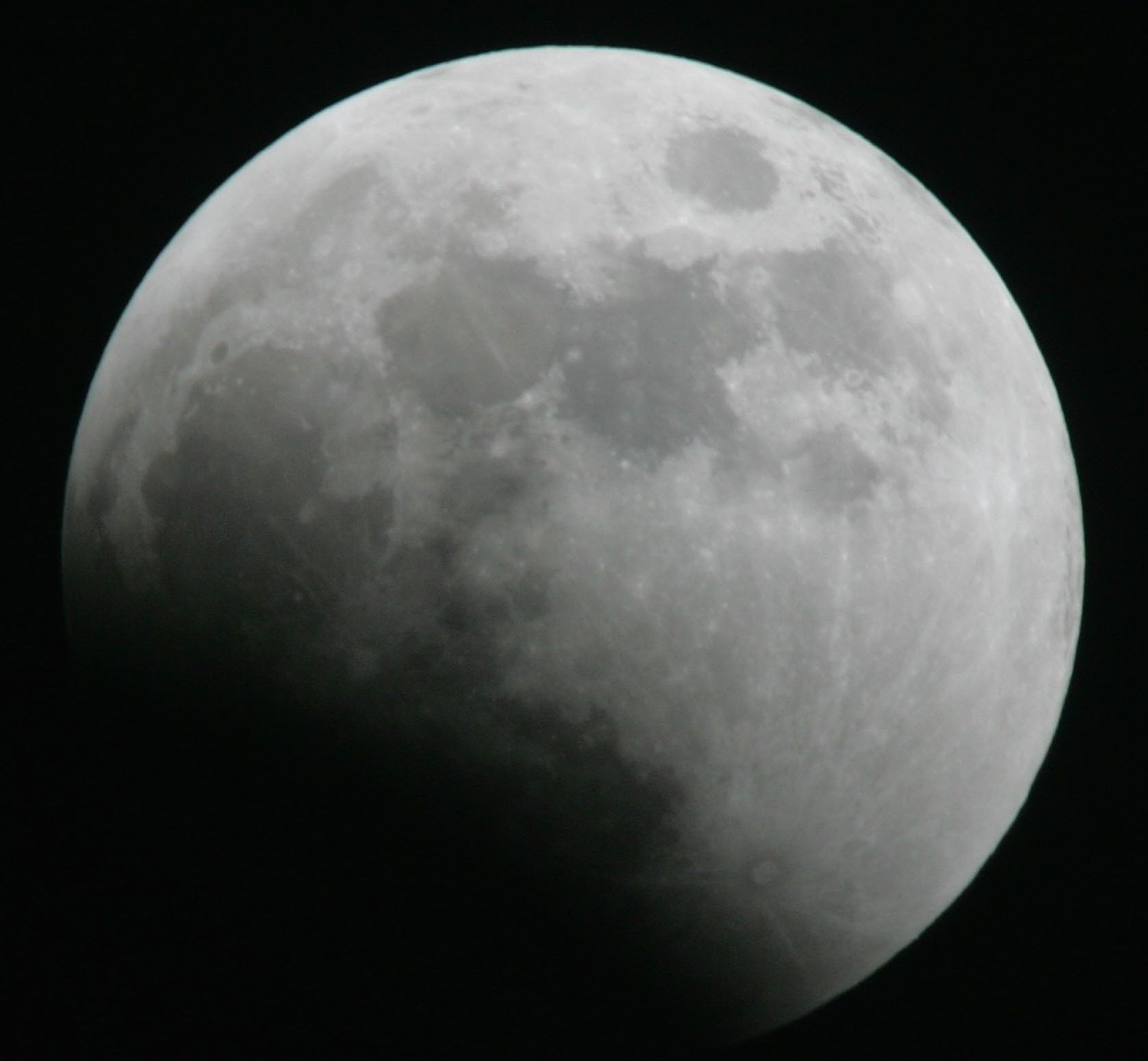Page 11250
Apr 23, 2016
NASA Invests In Radical Game-Changing Concepts For Exploration
Posted by Klaus Baldauf in categories: robotics/AI, space

Every year, the NASA Innovative Advanced Concepts (NIAC) program puts out the call to the general public, hoping to find better or entirely new aerospace architectures, systems, or mission ideas. As part of the Space Technology Mission Directorate, this program has been in operation since 1998, serving as a high-level entry point to entrepreneurs, innovators and researchers who want to contribute to human space exploration.
This year, thirteen concepts were chosen for Phase I of the NIAC program, ranging from reprogrammed microorganisms for Mars, a two-dimensional spacecraft that could de-orbit space debris, an analog rover for extreme environments, a robot that turn asteroids into spacecraft, and a next-generation exoplanet hunter. These proposals were awarded $100,000 each for a nine month period to assess the feasibility of their concept.
Continue reading “NASA Invests In Radical Game-Changing Concepts For Exploration” »
Apr 23, 2016
Why sailing to the stars has suddenly become a realistic goal
Posted by Klaus Baldauf in categories: innovation, space
It takes a bold person to declare that interstellar travel is now within our grasp. Physicist Stephen Hawking has shown that he is just that, taking part in the Breakthrough Starshot initiative. The project has announced a $100m research programme to investigate the technology of using light to propel spacecraft out of the solar system to explore neighbouring stars.
For the first time in human history, interstellar travel is a realistic and achievable aspiration, and not just the playground of science fiction.
So what has changed that makes interstellar travel achievable? First of all, clear expectations. This is not about a great big spaceship with a colony of astronauts travelling for generations to settle a planet around a distant star. Neither is it about faster-than-light travel, tunnelling through wormholes to arrive at the other side of the universe in an instant of time. This is about technology that already exists, or nearly exists, being applied in new and exciting ways.
Continue reading “Why sailing to the stars has suddenly become a realistic goal” »
Apr 22, 2016
Faster Than Light! Incredible Illusion Makes Images ‘Time Travel’
Posted by Sean Brazell in categories: information science, particle physics, time travel
Using a weird phenomenon in which particles of light seem to travel at faster-than-light speeds, scientists have shown that waves of light can seem to travel backward in time.
The new experiment also shows other bizarre effects of light, such as pairs of images forming and annihilating each other.
Taken together, the results finally prove a century-old prediction made by British scientist and polymath Lord Rayleigh. The phenomenon, called time reversal, could allow researchers to develop ultra-high-speed cameras that can peer around corners and see through walls. [In Images: The World’s 11 Most Beautiful Equations].
Apr 22, 2016
Israeli Company Discovers Cure for Blocked Arteries
Posted by Shailesh Prasad in categories: biotech/medical, health
Israel’s Eximo has successfully completed a multicenter clinical trial of its laser system and unique catheters for treating peripheral artery disease, and after 100% successful Mexican and European trials it has now been approved by Israel’s Ministry of Health and administered to a patient at Beilinson Hospital.
Apr 22, 2016
Scientists Closing in on Theory of Consciousness
Posted by Shailesh Prasad in category: neuroscience
Probably for as long as humans have contemplated their navels, they have sought to understand consciousness. Now, neuroscientists are making strides in developing theories to explain the phenomenon.
Apr 22, 2016
Stephen Hawking: “History and memories could be illusions” because of black holes
Posted by Sean Brazell in categories: cosmology, particle physics
Welcome to our imaginary existential nightmare…
Stephen Hawking recently discussed black holes and the often contradictory properties associated with them during a lecture at Harvard. The Harvard Gazette said recently that Hawking specifically explained that, if information is really lost in black holes, then we will have been misunderstanding not only black holes, but the science of determinism, for the last 200 years.
Hawking said that particles that fall into a black hole “can’t just emerge when the black hole disappears.” Instead, “the particles that come out of a black hole seem to be completely random and bear no relation to what fell in. It appears that the information about what fell in is lost, apart from the total amount of mass and the amount of rotation.”
Apr 22, 2016
Moon Express Wants to Commercialize the Moon
Posted by Klaus Baldauf in category: space
Apr 22, 2016
Neil deGrasse Tyson thinks there’s a ‘very high’ chance the universe is just a simulation
Posted by Sean Brazell in category: space

I suppose that us being in a simulation would answer Fermi’s Paradox very (disturbingly) neatly…
(Business Insider)















